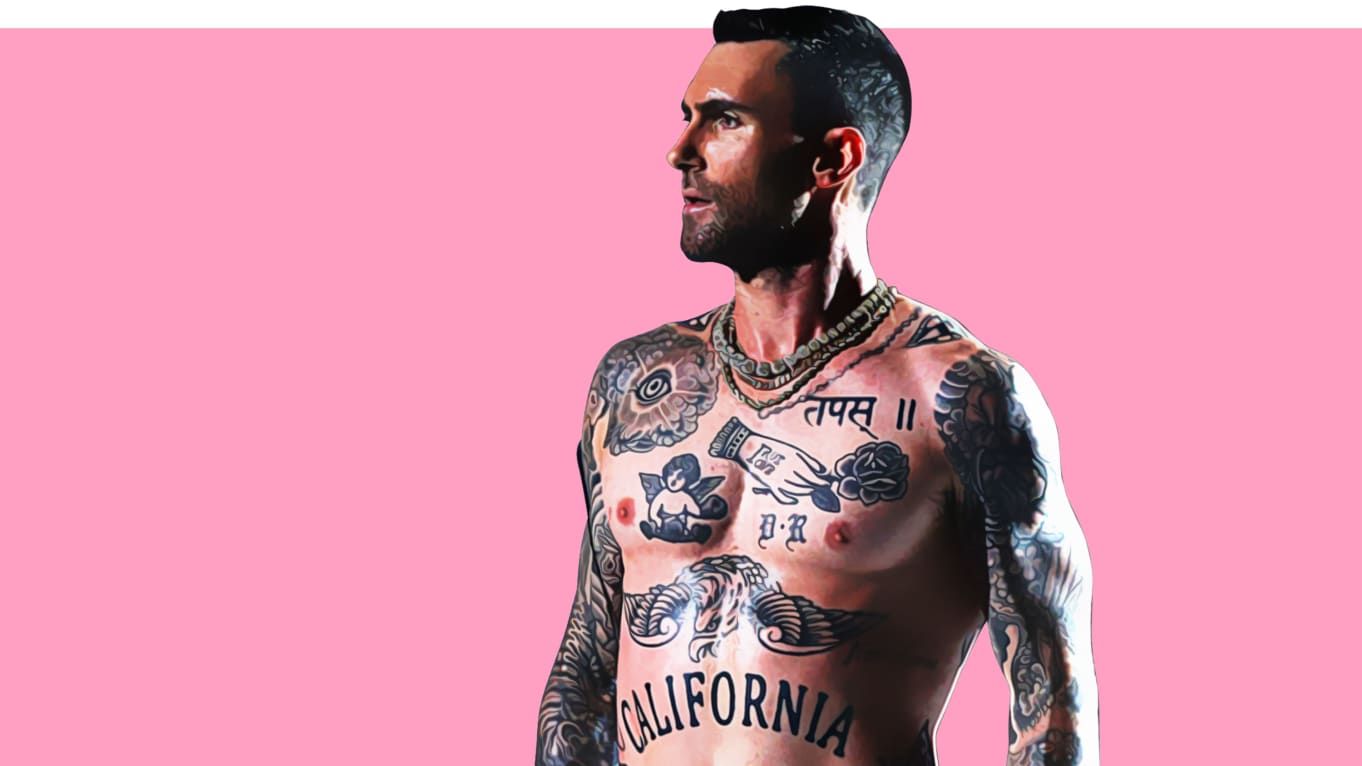Aristocratic ladies sported tattoos, and so did criminals. Today, pop stars get inked and there are countless tattoo conventions. But still their rebel allure defiantly persists.
In 1896, an Italian criminologist named Cesare Lombroso—whose infamous, disproved, scientifically racist theories include believing all offenders were part ape—wrote another spicy take on tattoos for the April issue of Popular Science Monthly.
After studying the prevalence of tattoos on Italian and German law-breakers, Lombroso came to the conclusion that “criminals, like savages, are very little sensitive to pain,” since their lot did not mind getting prodded by needles for the sake of making a statement.
At the same time as Lombroso was spouting his social Darwinist nonsense, aristocratic women all over London were taking to the boudoirs, rolling up their sleeves, and getting ink of their own.
“To some extent, tattoos have always been part of elite culture,” Dave Lane, an assistant professor of anthropology and sociology at the University of South Dakota, told The Daily Beast. Lane is working on an ethnography about tattoo workers. “In the early 1900s, there was a tattoo shop on Jermyn Street, which had very fancy couches,” he said, referencing the London street long known as a hub of fine clothing shops for men.
Consider: Winston Churchill’s mother, Jennie, had a snake wrapped around her left wrist.
During her honeymoon, society hostess Lady Edith Vane-Tempest-Stewart amassed a collection of pink, blue, and green designs on her legs, which she managed to hide for 40 years, until the 1930s, when she was outed in the press while wearing a shorter skirt.
Queen Victoria’s death in 1901 inspired more than a few tribute tattoos, according to George Burchett’s Memoir of a Tattooist.
More than a century later, the popularity of tattoos remains high—and still with a broad fan base. According to the Pew Research Center, 38 percent of 18- to 29-year-olds have at least one.
“Millennials became adults in a post-9/11 world,” said Kate Foster, a beauty editor at ELLE. “Having one of the most chaotic events in modern human history framing your worldview, it’s understandable why you might want to ‘rebel’ in some small way, like getting a tattoo.”
But are tattoos still shorthand for rebellion? Forty years ago, the infamous ass tattoo Cher got to mark the end of her marriage to Sonny Bono (a butterfly and flowers) was fodder for David Letterman’s quips and criticism. Now, Halsey, Kylie Jenner, Cardi B, and Rihanna are all high priestesses of the trend.
Lady Gaga has gone under the needle 24 times. Ariana Grande has 36 tattoos—though she had to re-do one that accidentally read, “BBQ Grill” in Japanese. Justin Bieber stamped the word “grace” above his eyebrow permanently, along with a whopping 56 other designs.
Perhaps to the chagrin of HR professionals everywhere, the world has become very comfortable with tattoos. But does the ubiquity of ink take away the “cool factor” that made what was visible underneath the all-mesh jumpsuit Cher wore in the “Turn Back Time” music video so gloriously subversive?
Tattoo artists and fans of the practice are currently debating the answer to that surprisingly heated question.
“There’s a lot of resentment [among artists] at how much tattoos have expanded,” Professor Lane said. “There’s a tattoo convention every weekend somewhere in America, and it did not used to be that way. There’s an older cohort looking back to a different time period.”
Brian Keith Thompson owns LA’s Body Electric Tattoo. In 1992, a recently released inmate gave Thompson his first tattoo in a garage-turned-studio.
“I was drawn to this alternative lifestyle, this bad guy image associated with it,” Thompson said. “If I was young today, I don’t know if I would embrace tattoos the way I did when I was 19. It’s fulfilling to watch people leave my shop happy, but I miss the old world of it, too. It’s bittersweet.” Read more here: thedailybeast.com.
